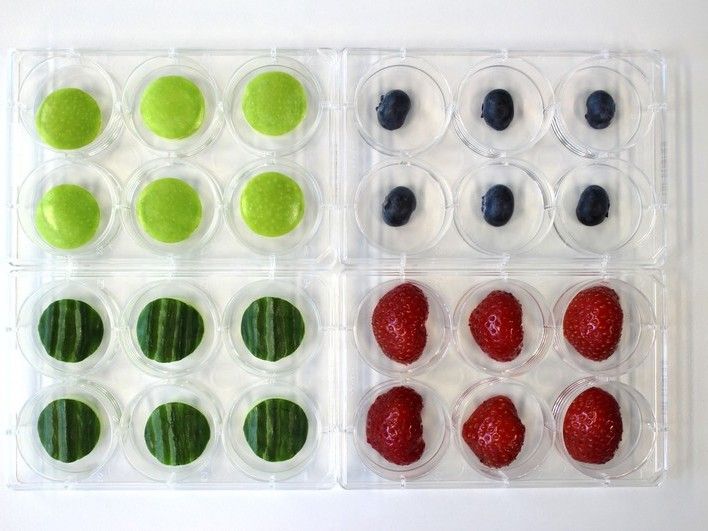Camel Milk: The New Superfood Alternative?
Benefits for Gut Health, Heart, and Allergy Sufferers Confirmed
Advertisement
In Addition to being hypoallergenic, camel milk could potentially protect the gut from harmful enzymes and create healthier digestion.
New research from Edith Cowan University (ECU) has found that camel milk contained more naturally occurring bioactive peptides when compared to its bovine counterpart.
“This is a good thing. We now know that camel milk has the potential to be hypoallergenic compared to cow’s milk, but also that it has higher potential to yield bioactive peptides which can have antimicrobial properties and anti-hypertensive properties,” PhD student Mr Manujaya Jayamanna Mohittige said.
“These bioactive peptides can selectively inhibit certain pathogens, and by doing so, create a healthy gut environment and also has the potential to decrease the risk of developing cardiovascular disease in future.”
However, Mr Mohittige noted that the potency of these bioactive peptides still needed further testing.
The research has reiterated that camel milk did not contain major milk allergen β-lactoglobulin (β-Lg), providing dairy users with β-Lg allergy a viable alternative to cow’s milk. Existing literature highlights that lactose levels in camel milk are lower compared to those in cow’s milk.
Nutritional breakdown
According to previous research when comparing beverages, cow’s milk typically contains between 85% to 87% water, with 3.8% to 5.5 % fat, 2.9% to 3.5% protein, and 4.6% lactose.
In contrast, camel milk consists of 87% to 90% water. Its protein content varies from 2.15% to 4.90%, fat ranges from 1.2% to 4.5%, and lactose levels are between 3.5% and 4.5%.
Rising popularity
Currently, around 81% of global milk production is sourced from cows, with camel milk production sitting at fifth place, behind buffaloes, goats and sheep. Camel milk only accounts for around 0.4% of current milk production globally.
However, Mr Mohittige noted that Australia’s semi-arid climate and the existing camel population – albeit somewhat feral – made for a convincing argument to increase both production and consumption.
“Camel milk is gaining global attention, in part because of environmental conditions. Arid or semi-arid areas can be challenging for traditional cattle farming, but perfect for camels,” he added.
A number of camel dairies are already exist in Australia, however, production volumes are still low. Compared to dairy cows, which can produce up to 28 litres of milk a day, camels typically produce around 5 litres a day.




























































